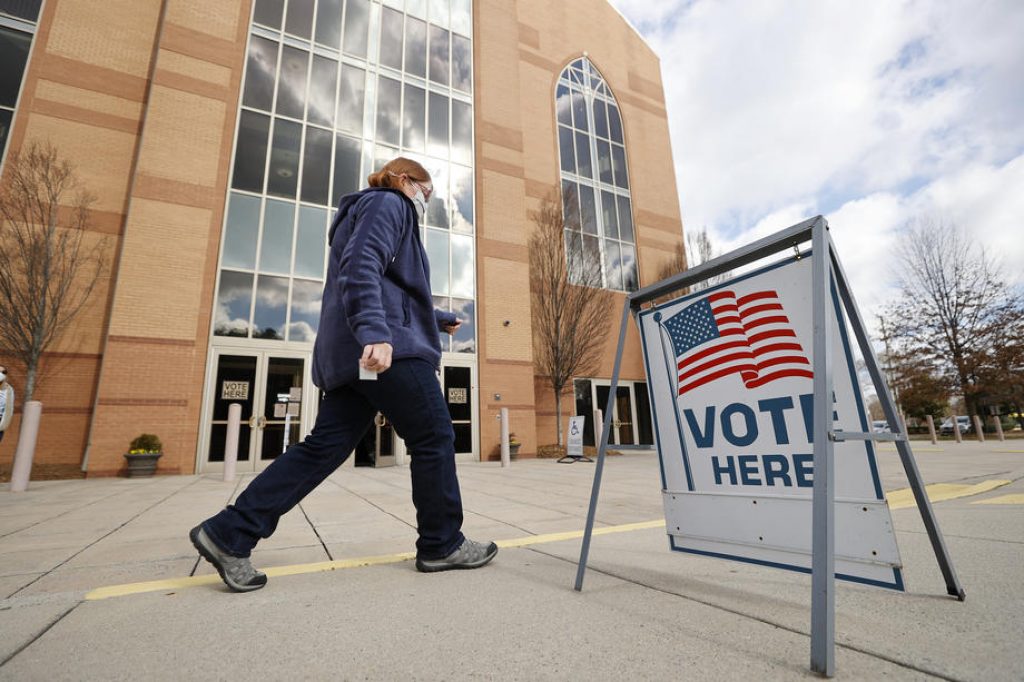Two organizations launched a distance education campaign on Monday for Latino voters to participate in the new distribution of electoral districts in a way that reflects the presence of what is the largest minority in the country.
“Starting today, Latinos across the country will be able to access the resources they need to stand firm and fight efforts to design districts in a way that diminishes our political power, “ said Frankie Miranda, president of the Hispanic Federation.
The census is carried out in the United States, by constitutional mandate, every ten years, and based on its results, the electoral districts are distributed for the next decade and the legislatures of each state adjust the limits of their districts.
The 2020 Census results indicate that all 50 states in the country will have the opportunity to redesign their legislative districts. States must submit their new maps before the 2022 election cycle begins.
Last year’s Census assigned Texas two additional seats in the US House of Representatives, and the Republican majority in the Texas Legislature drew districts in ways that Democrats view in favor of Republicans.
And the Mexican-American Legal Defense and Education Fund (MALDEF) sued the state of Texas for adopting new electoral redistribution maps that, in its opinion, “dilute” the strength of Latino voters in the region.
Similar criticism has been heard in Illinois, where MALDEF amended a lawsuit filed this summer in which it ensures that the redistricting plan approved by the governor, Democrat JB Pritzker, is “unconstitutional” and undermines the Latino vote, and makes it difficult for Latinos to participate meaningfully in state elections.
In Georgia, Latino groups have also raised their voices to denounce that the upcoming design of electoral districts will not reflect the growing population weight of Latinos.
The Hispanic Federation and the Coalition for Social Justice have created a “ Re-districting Academy” in Spanish and English that aims to “build coalitions and campaigns that ensure that communities are represented inappropriate way. “
Miranda noted that “the most recent census data shows that Latinos produced more than half of the population growth in the last decade.”
For his part, Irving Zavaleta, director of the Coalition for Social Justice, said that “very often those in the political game take control of the district design process in closed sessions and for their own political advantage.”
In addition to the resources available online, the Academy will offer three live sessions, beginning on November 9 in New York, followed by another on November 10, in Florida and the last will be on November 16 in Connecticut.
